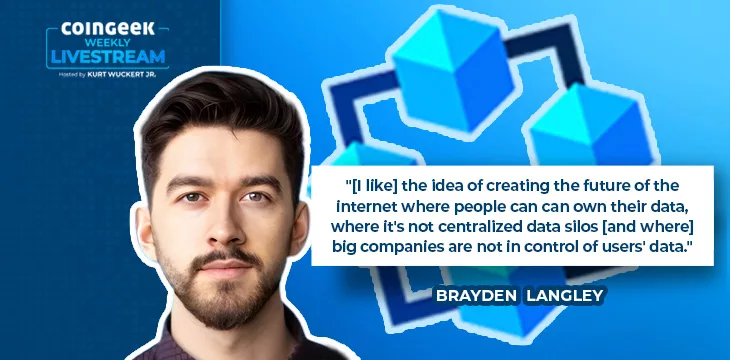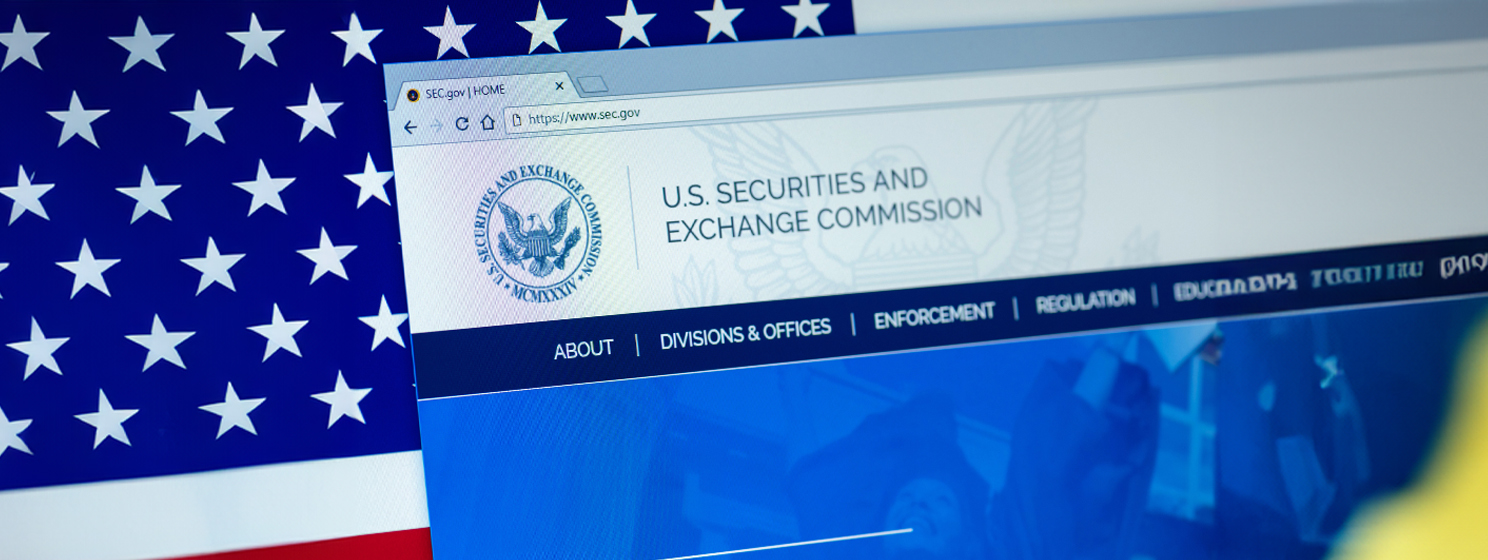
|
Getting your Trinity Audio player ready... |
Brayden Langley, Project Babbage’s Chief Technical Officer, joined the CoinGeek Weekly Livestream last week to talk about the future of the internet, Project Babbage apps and tools, and much more.
Who is Brayden Langley, and what’s his role at Project Babbage?
Langley is Chief Technical Officer of Project Babbage and has been with them for about two years. He says he was first interested in NFTs, but he didn’t like the scammy nature of many of them.
Eventually, he found Project Babbage, which aligned with his values around utility. He liked ideas like ownership of data, fewer passwords, and greater privacy. He likes working towards a world in which there are no centralized data silos and where users own their own data.
Why Project Babbage specifically, as opposed to many other projects working on similar ideas? Initiatives around standardization are what attracted him to the project. He thinks many people could do things better by following Project Babbage’s lead on key derivation and supporting all types of transaction types and tokens.
What does the future of the internet look like?
Wuckert notes that Project Babbage has a vision for the internet’s future. What will it look like practically?
Langley says one example is authentication. When building a Web 2.0 app, designers have to consider how users will log in. Babbage has a tool called AuthRight that allows users to authenticate with a MetaNet identity.
Langley elaborates by explaining that MetaNet has a trust network that allows you to choose entities you trust to verify people, including the Babbage Trust Services Certificate Authority.
For those looking to get started with Babbage apps, Langley recommends downloading the MetaNet client, creating an account, and using the ToDo List app. It’s a good first step, he says.
Will standards enable people to use their login with any wallets, Babbage or otherwise? They’re working towards that long-term. Open source and interoperability are the goals.
How will Babbage make money in the future?
Running services and a MetaNet client will earn transaction fees in the long run. Other sources of revenue are licensing, contracting, consulting, etc. Langley encourages people to reach out if they need help developing a Babbage app.
Speaking of making money, one viewer asks if Langley has any tips for developing on BSV blockchain with no coding background. He says they must learn some coding, such as TypeScript or JavaScript. From there, some tools and documents Project Babbage has developed will simplify things.
As for working with other BTC protocols like BRC20, Runes, and Ordinals, Langley reiterates his stance that Babbage is open to interoperability of all kinds, even if that’s not on the agenda right now.
To hear more about the on-chain CPU, token protocols and scaling, and what it’s like to be Ty Everett’s CTO, watch the weekly livestream via the link at the top of this page.

 11-21-2024
11-21-2024


